Sustainability is a word that we’ve been hearing more and more of. It’s a broad umbrella term that can be applied to various facets of life. We hear it used for our personal daily habits, in governmental policies, in technology, in all aspects of business (like in production, governance and marketing), and now even in investment banking.
Sustainability is an approach that looks at three major pillars: the environment, the economy and social equity. It asserts that resources are finite and we as a society need to consume them in a conscious manner that allows future generations to benefit from them as well.
Below are a couple definitions of sustainability:
- The UN Commission on Environment and Development definition of sustainability: “sustainable development is development that meets the needs of the present without compromising the ability of future generations to meet their own needs,” (Euro-lex).
- The UCLA Sustainability Committee defines sustainability as “the integration of environmental health, social equity and economic vitality in order to create thriving, healthy, diverse and resilient communities for this generation and generations to come. The practice of sustainability recognizes how these issues are interconnected and requires a systems approach and an acknowledgement of complexity” (UCLA sustainability charter).
Sustainability In Our Daily Lives
As individuals we can make small conscious changes in our daily behavior. These small actions can actually have a long term impact. It’s about looking at the habits we have and the products that we buy.
A couple easy examples on how we can become more sustainable are by avoiding single use plastics and swapping out items, like menstrual cups instead of tampons for women.
Researching products and the companies that we buy from is also an important tip to adopting sustainable actions in our daily lives. One of the obstacles we are seeing and will continue to see more of is greenwashing.
Unfortunately we can’t always take a company’s marketing at face value and it can be difficult to understand whether the product you’re interested in is really the most sustainable option.
> To read more about what greenwashing is and how to not fall into that trap, click here.
> Read more about sustainability trends here
Sustainability In Government Policies
Europe is leading the way in developing sustainability policies that impact cities, businesses and individuals. For example, many European cities are creating infrastructure like creating bike lanes and making bikes and electric scooters easily accessible to their citizens. They also create different incentives and restrictions in construction and reconstruction for it to become more energy efficient. Europe is providing funding to plant 600 million trees by 2030 and are planning to prevent deforestation.
Countries from around the world meet at conventions to make pledges to reduce their carbon footprint. These issues, however, are complex and multi-faceted. Although it’s positive that we, as a society, are talking about these issues, some believe that several of the most polluting countries are not taking quick enough actions.
> Read more about Europe’s deforestation prevention plan and funding to plant plan
Sustainability In Business
Business is a huge part of modern society and it’s right for us to question whether a business, company or even industry is sustainable.
Companies are being heavily steered by consumers to become more socially and environmentally responsible. Investment incentives by banks that analyze a company’s ESGs are influencing businesses to develop sustainable practices in relation to the environmental impact, social responsibility and the company’s governance.
The circular economy model is a sustainable business model that looks at the life cycle of a product from sourcing the raw material to the waste management of that item. By creating systems at every stage of a product’s life cycle, businesses can make leaps in reducing their environmental impact.
These new business models, trends and green investing schemes are creating new job markets with lots of new work opportunities across all industries.
> Read all about what future green jobs that are becoming more on demand, here






